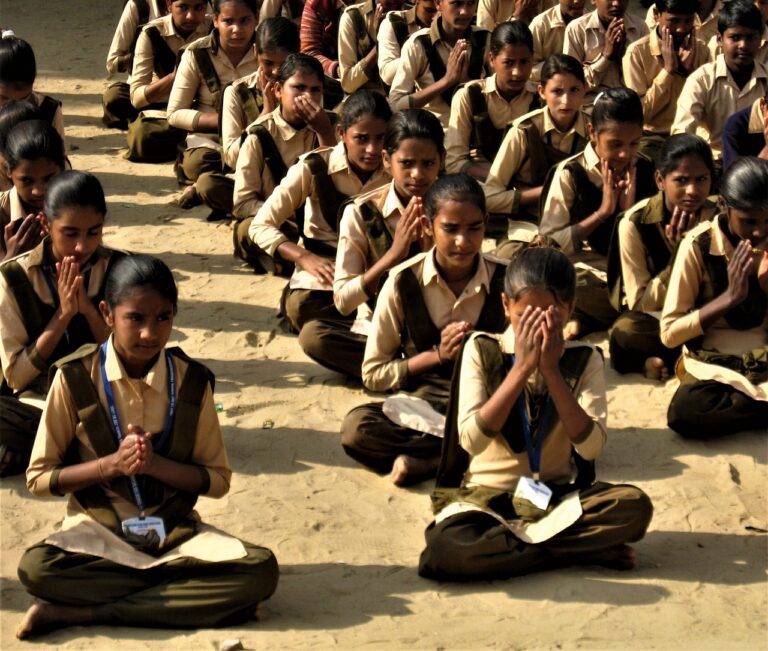Voter Perspectives on Government Response to Environmental Conservation: Betbook250 login, 11xplay pro, Yolo247.com login
betbook250 login, 11xplay pro, yolo247.com login: Voter Perspectives on Government Response to Environmental Conservation
As voters, we play a crucial role in shaping the future of our planet by electing officials who will prioritize environmental conservation. The government’s response to environmental issues is a topic that sparks passionate debates among citizens. Let’s delve into the various perspectives voters have on how the government should address environmental conservation.
1. Importance of Environmental Conservation
Voters across the political spectrum agree that environmental conservation is vital for the well-being of our planet and future generations. From protecting endangered species to combatting climate change, voters recognize the urgency of taking action to preserve our natural resources.
2. Government Regulation vs. Market Solutions
One key point of contention among voters is the role of government regulation versus market-based solutions in addressing environmental issues. Some believe that strict regulations are necessary to hold corporations accountable for their environmental impact. On the other hand, others argue that market incentives, such as carbon pricing, can encourage businesses to adopt sustainable practices.
3. Funding for Environmental Programs
Another aspect that voters consider is the allocation of funding for environmental programs. Many voters believe that the government should invest more in renewable energy sources, conservation efforts, and research to combat climate change. However, debates arise over how to prioritize funding and balance competing interests.
4. International Cooperation
Environmental issues transcend borders, prompting voters to consider how the government should engage in international cooperation. Some advocate for global agreements, such as the Paris Climate Accord, to address climate change collectively. Others emphasize the importance of strong diplomatic relations to advance environmental conservation goals on the world stage.
5. Local vs. National Initiatives
In addition to national policies, voters also evaluate the significance of local initiatives in promoting environmental conservation. Support for community-based programs, such as recycling campaigns and urban green spaces, reflects voters’ belief in the power of grassroots efforts to protect the environment.
6. Transparency and Accountability
Transparency and accountability are vital components of voter perspectives on government responses to environmental conservation. Voters expect elected officials to be transparent about their environmental policies and to be held accountable for their actions. Lack of transparency or perceived environmental negligence can sway voters’ decisions at the ballot box.
In conclusion, voter perspectives on the government’s response to environmental conservation are diverse and multifaceted. As we navigate the complex challenges facing our planet, it is essential for policymakers to consider and address the priorities and concerns of voters when crafting environmental policies.
FAQs
Q: How can voters advocate for environmental conservation?
A: Voters can advocate for environmental conservation by staying informed, contacting elected officials, participating in grassroots campaigns, and supporting environmentally-friendly businesses.
Q: What role does education play in shaping voter perspectives on environmental conservation?
A: Education plays a crucial role in informing voters about environmental issues and empowering them to make informed decisions at the polls. Schools, media, and community organizations can all contribute to raising awareness about environmental conservation.
Q: How can voters hold elected officials accountable for their environmental policies?
A: Voters can hold elected officials accountable by staying engaged, attending public meetings, voting in elections, and joining advocacy groups that monitor environmental policies. By voicing their concerns and demanding transparency, voters can influence policymakers to prioritize environmental conservation.







